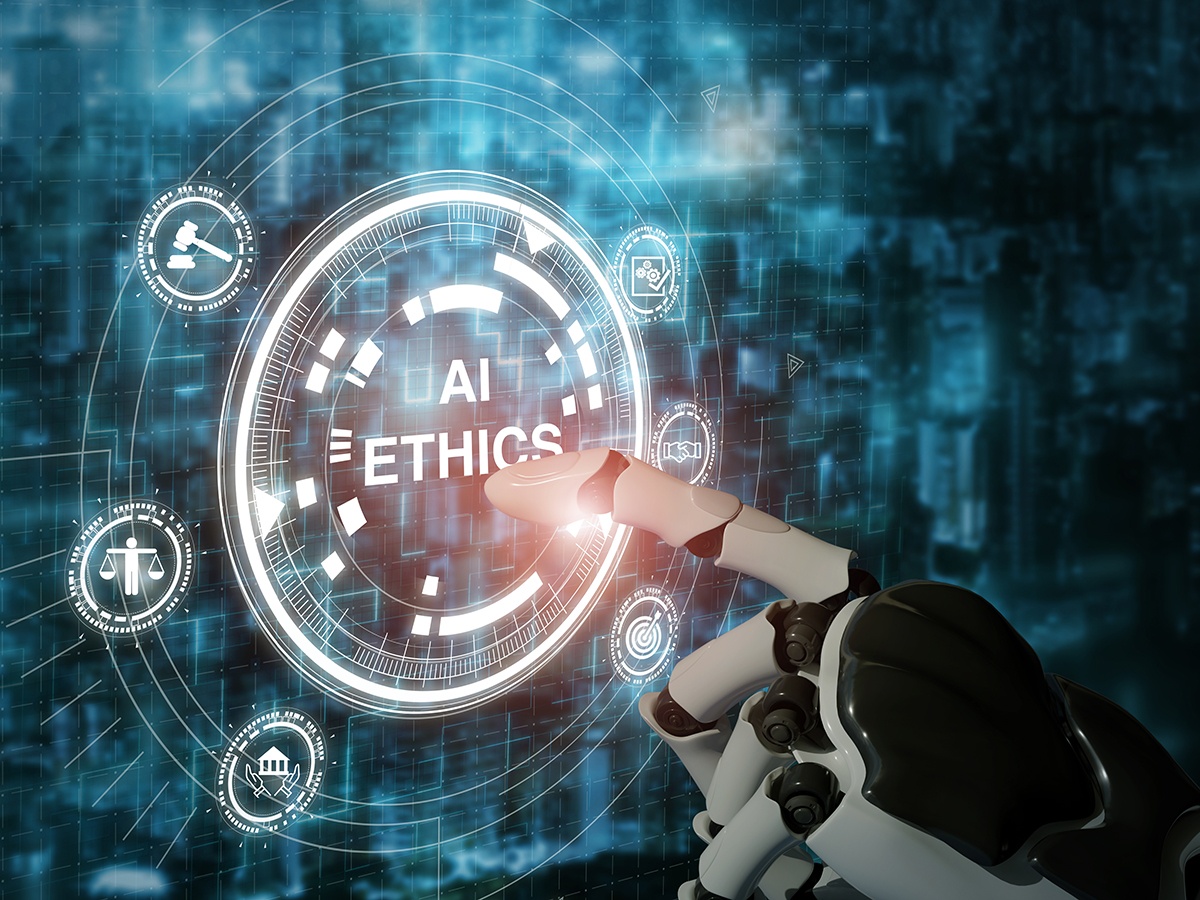
AI Ethics: Navigating the Moral Maze in an Automated WorldAI Ethics: Navigating the Moral Maze in an Automated World As artificial intelligence (AI) becomes increasingly prevalent in our lives, the ethical implications of its use have come under scrutiny. With AI’s unprecedented capabilities, we must grapple with complex moral issues that challenge our societal values and norms. Privacy and Data Security: AI systems rely on vast amounts of personal data for training and operation. This raises concerns about privacy breaches, discriminatory profiling, and data misuse. Balancing the benefits of AI with the need for data protection is crucial. Bias and Discrimination: AI algorithms can inherit and perpetuate societal biases from the data they are trained on. This can lead to unfair or discriminatory outcomes in areas such as hiring, healthcare, and criminal justice. Addressing bias in AI systems is essential for fostering a just and equitable society. Job Displacement: AI automation has the potential to displace jobs in various industries. To mitigate the negative impact on workers, we must consider economic policies and retraining programs that support a smooth transition. Responsibility and Accountability: As AI becomes more autonomous, determining responsibility for its actions becomes complex. Who is liable for accidents, bias, or harmful outcomes caused by AI systems? Establishing clear legal and ethical frameworks is necessary to ensure accountability and prevent unintended consequences. Humanization and Dehumanization: AI can simulate human interactions and evoke emotional responses. While this can have therapeutic benefits, it raises concerns about the potential for dehumanization and overreliance on technology. Striking a balance between human connection and AI assistance is essential. Ethical Principles: To guide the development and use of AI, several ethical principles have been proposed, including: * Autonomy: Respecting human autonomy and informed consent. * Transparency: Ensuring AI systems are explainable and accountable. * Fairness: Preventing bias and discrimination in AI outcomes. * Responsibility: Establishing clear accountability for the consequences of AI actions. * Beneficence: Using AI to promote human well-being and mitigate potential harms. Navigating the Path Forward: Navigating the moral maze of AI requires a collaborative effort. Governments, industry leaders, academics, and civil society organizations must engage in dialogue and develop ethical frameworks that prioritize human values and societal responsibility. By addressing these ethical challenges, we can harness the transformative power of AI while ensuring it serves as a force for good in our world. By embracing transparency, accountability, and human-centered design, we can create an automated world that is both innovative and ethically sound.
Posted inNews